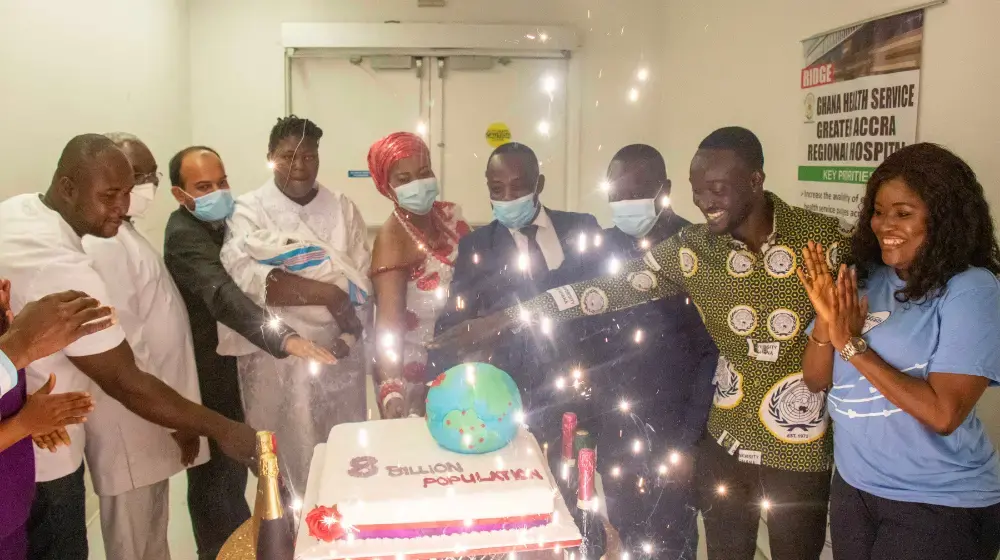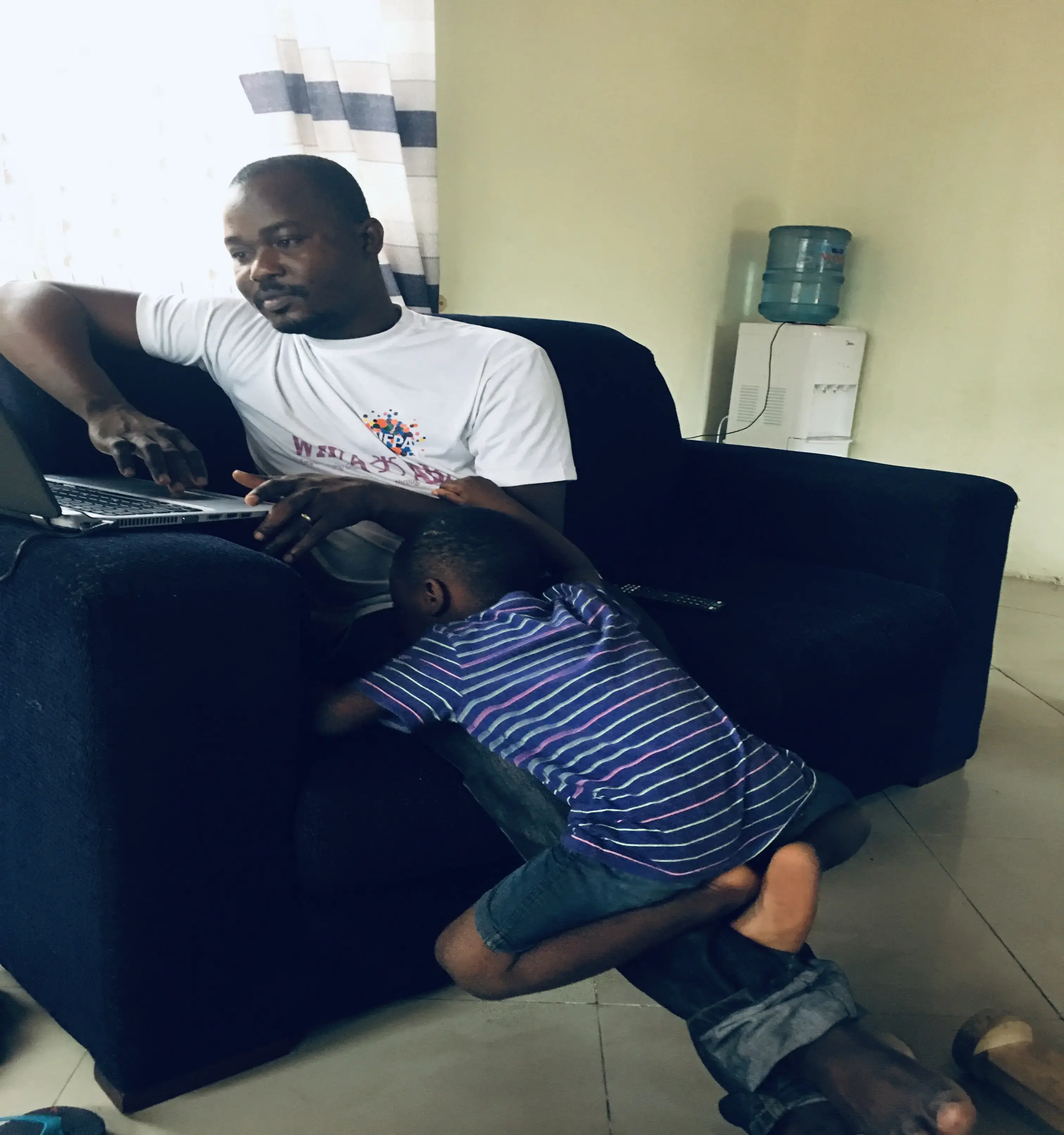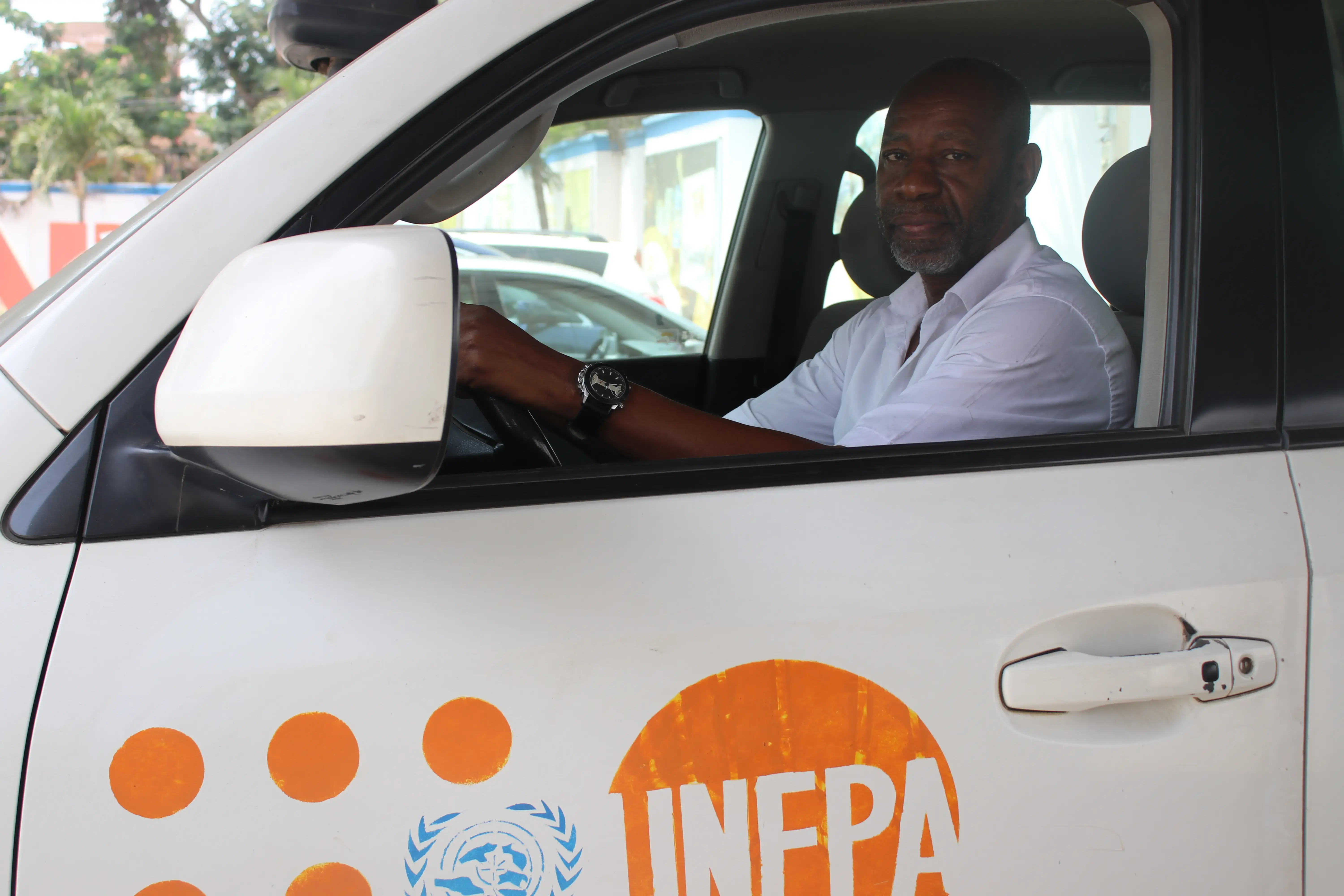Stakeholders at an inter-family dialogue has called on Ghanaians and the Government to re-invent how we live as a people, by recovering the solid family union, where the extended family provided communal support and preserved our nation’s dignity, identity, freedom and unity.
The inter-family dialogue, which was jointly organized by the United Nations Population Fund (UNFPA) and the Global Family Care, a not-for-profit, Non-Governmental Organisation in Ghana, was in commemoration of the International Day of Families 2014, which falls on May 15, each year. It was held under the theme: “Families Matter for the Achievement of Development Goals: Re-defining the Role of the Ghanaian Family for holistic Development”
Deputy Minister for Chieftaincy and Traditional Affairs, Mr John Alexander Kobina Ackon, who chaired the dialogue stated that the sum total of the family gives us the entire nation and hence the need to preserve this basic unit of life. He bemoaned the collapse of the extended family system, saying that the country must purge itself of negative western culture which is threatening our core values as a society. Honorable Ackon also challenged the media to stimulate a public discussion on the family that would shape a new development agenda.
A traditional leader and a chief from the Ga traditional Council, Nana Adusei A. Amanfo, told discussants that the country need to ‘re-think the value we place on our culture'. He lamented over the way the general society have tagged the traditional society as an abominable institution and have cast away the rich values handed down by our forbearers. He wondered why for instance society has failed to celebrate great historical figures but always gave preference to western personalities.
Also present at the forum were the clerics who identified with the topic under discussion with a call on the need to marry culture and religion.
A child’s rights advocate, Binta Alhassan, from Curious Minds, a children and youth rights advocacy organisation, mentioned that there is still the need to preserve the extended family system since it’s the anchor of the Ghanaian society.
UNFPA Ghana
Ms. Dennia Gayle, Representative A.I of UNFPA Ghana, in her statement called on government to ‘create environments that support all families through, for example, measures that enable parents to reconcile family and work responsibilities, and housing, education and social support policies that recognize the growing diversity of household arrangements’. Ms Gayle further posited that the family has a strong role to play as far as the achievement of development goals are concerned. To this end she submitted that ‘As we strive to usher in a more sustainable future, achieve the Millennium Development Goals, shape a new development agenda and combat climate change, let us mobilize the world’s families. Support them to realizing their full potential, advocate for the equal treatment of all families, regardless of their structure’.
Global Family Care
In a presentation made by Mr. Ebenezer Dzabaku, President and Co-founder of Global Family Care on behalf of the NGO, he mentioned that the Family is the back bone of every enlightened society and therefore ‘a healthy, united, well-cultured, educated and spiritually sound family culminates in great nations’. Mr. Dzabaku also told stakeholders that in times like this when the nation faced economic crises, ‘enhancing the wellbeing of the Ghanaian society depends on the government to empower families to take ownership of the country; fair share of the national cake among the entire citizenry and closing the poverty gap in the country is the only safe way to avoid future violence’.
The International Day of Families in 2014 marked the 20th anniversary of the International Year of the Family established by the United Nations General Assembly in 1994 to raise awareness of the importance of families, promote knowledge of socio-economic and demographic trends affecting families and stimulate efforts to respond to the challenges faced by families. The event which was held at the UNFPA Conference room, Cantoments, Accra, attracted Stakeholders from different backgrounds such as traditional authorities, legislature, judiciary, religious leaders, young people and political leaders.





